Wonderful Animal World (#2): The Swifts of the Falls.
Read this post on TravelFeed.io for the best experience
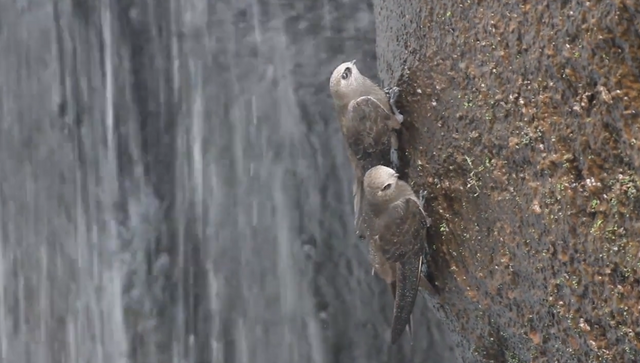
There are birds that have chosen the Iguazú Falls area as their natural habitat.
But none of them lives as deep inside them as the Swifts.
Swifts are birds similar to swallows and like them they have the gift of flying with great gravitation and agility, doing innumerable pirouettes and stunts in the air.
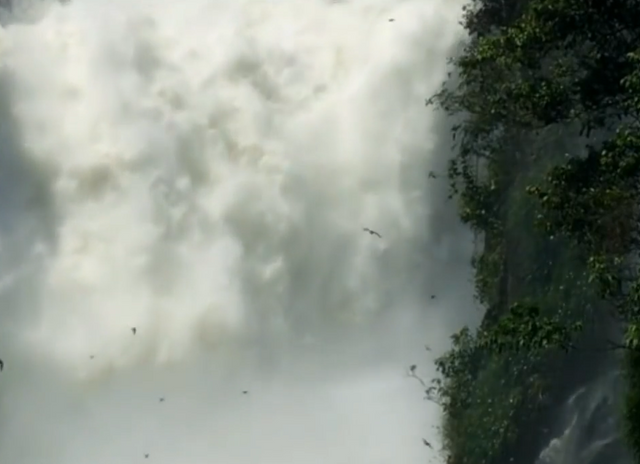
They are great fliers.
Of the more than 80 species that live in the world, there is one that lives in Iguazú Falls.
And he has a very special ability.
The Gray-headed Swift or Cascading Swift.
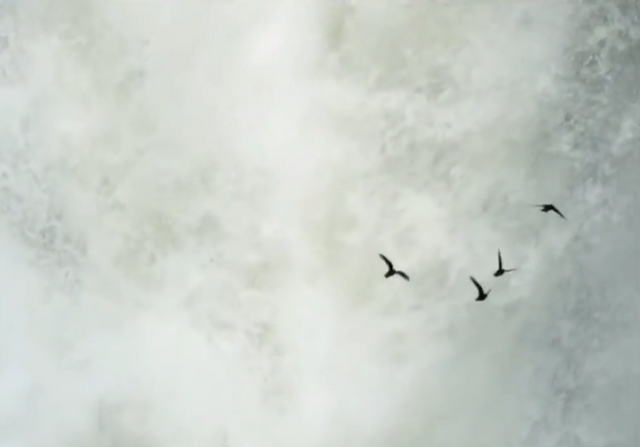
The Gray-headed Swift or Cascading Swift has the unique ability to pierce the water curtain in a few seconds and disappear miraculously as if by magic.
It is a safe place, although very humid, to make their nests.
The nests are mud covered with moss where they lay one or two eggs.
It is a fascinating trick that they do to get to the rock wall hidden behind the waterfall.
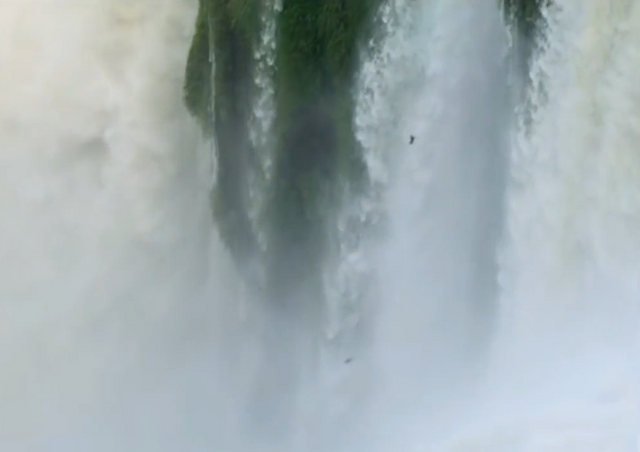
First they individualize with flight stunts the exact next of the nest.
Then they topple the wall of water at full speed, doing a kind of tailspin to cross it. It seems an act of magic.
They do not do these stunts for the sake of risk (take into account the violence of the water in its abrupt fall from so many meters high).
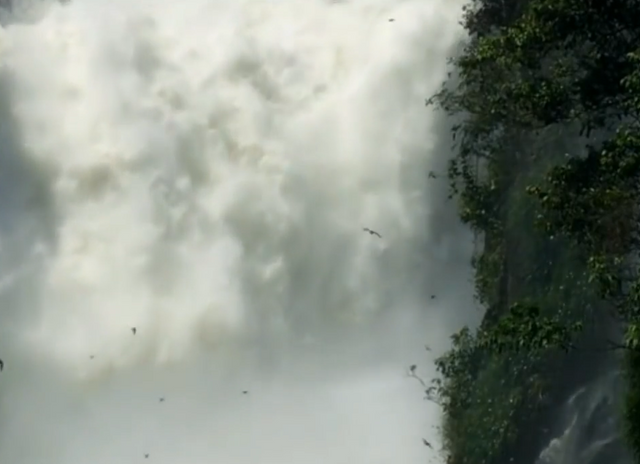
They do this to hide their nests in the rock and protect themselves from predators that do not know where the eggs or chicks are, and make their home inaccessible to any other animal.
The water curtain serves as a shield, stopping their predators.
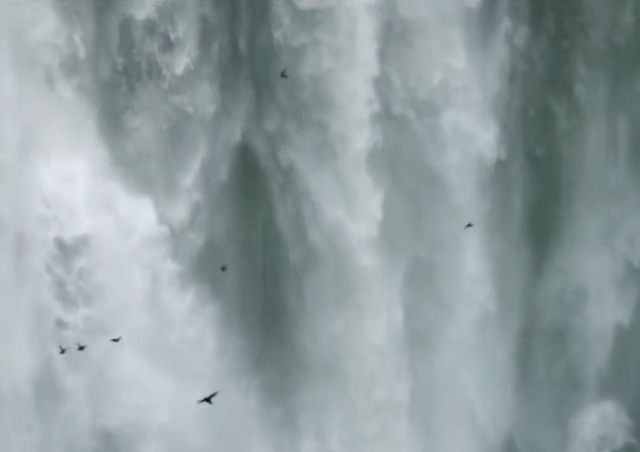
They spend most of the day in flight gathering in large flocks in front of the Falls while hunting insects in the air.
At dusk is when the swifts return to the Falls meeting thousands before returning to perch crossing them.
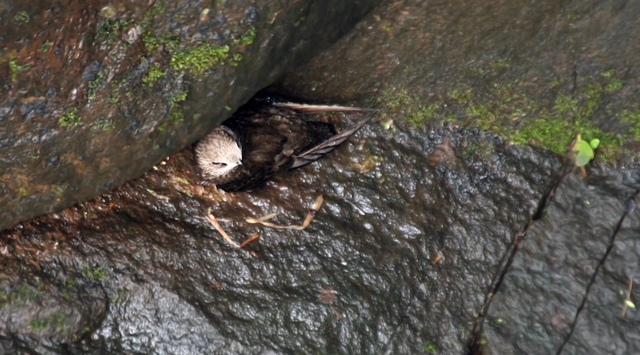
The best places attract hundreds of Swifts where they are piled up for the best location, heat and protection.
The incessant roar of the water can be heard from miles away.
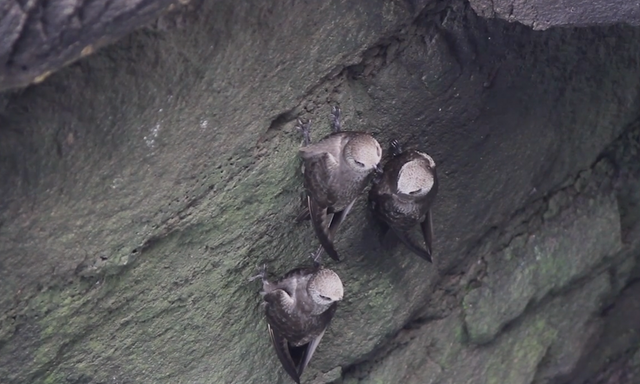
But for them it is like a relaxing music that helps them sleep.
Here they rest peacefully knowing that few predators will dare to face the fury of the water.

This means that in times of drought the Falls do not have as much water and that could severely affect the survival of these magnificent birds that contribute to beautifying the natural environment of the Iguazú Falls.
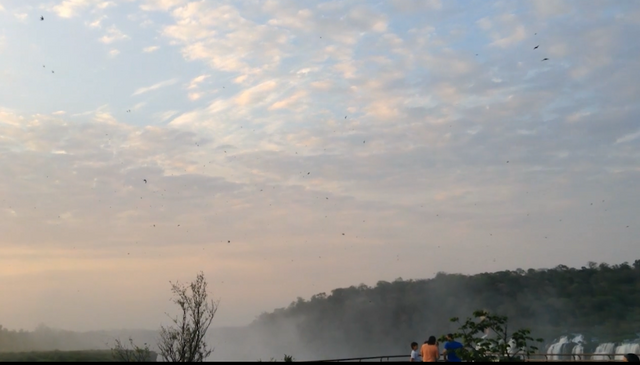
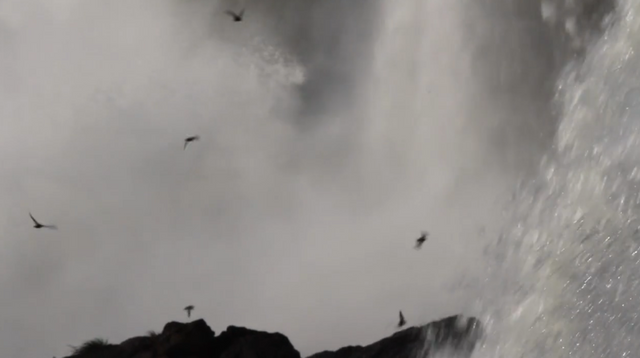
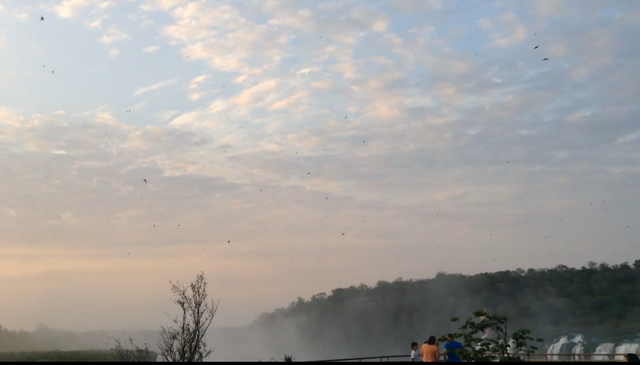
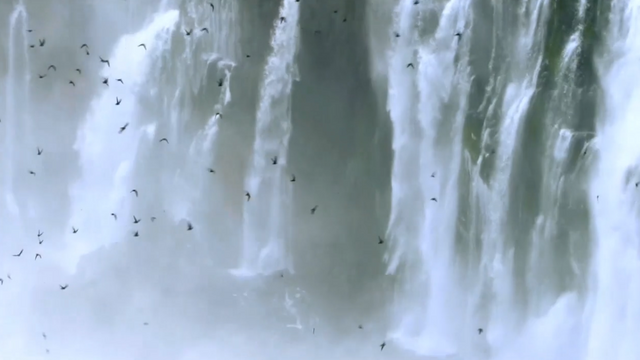
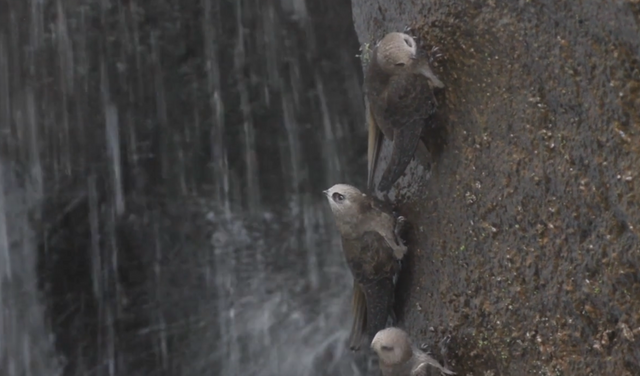
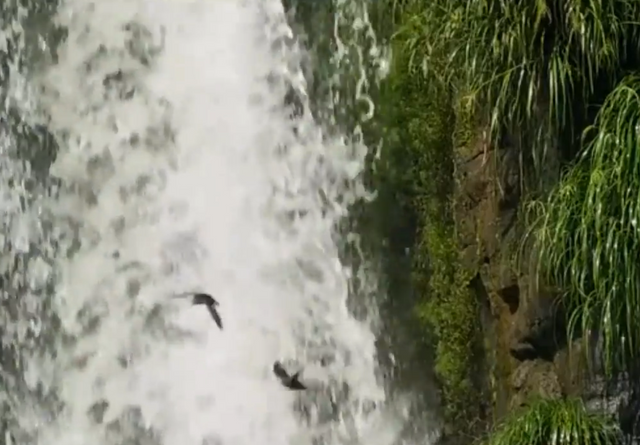
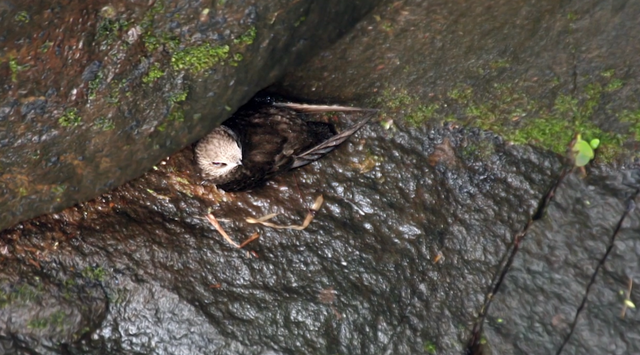
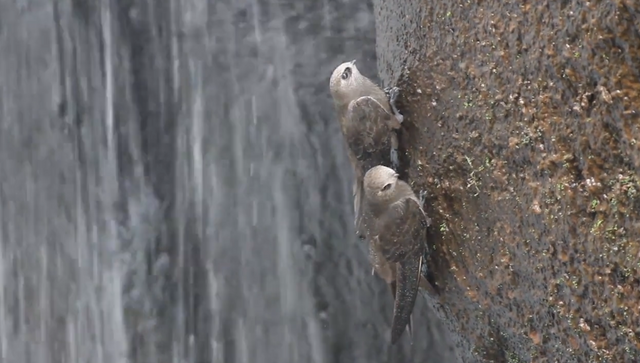
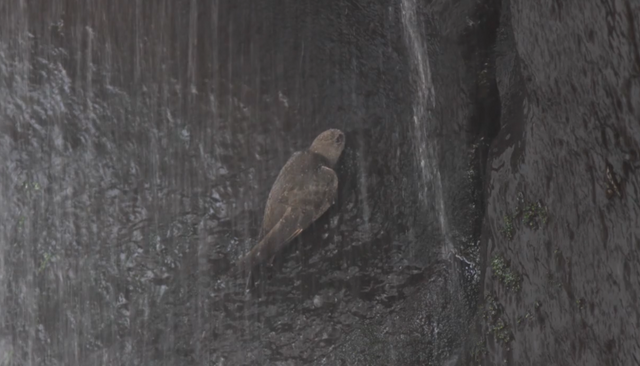
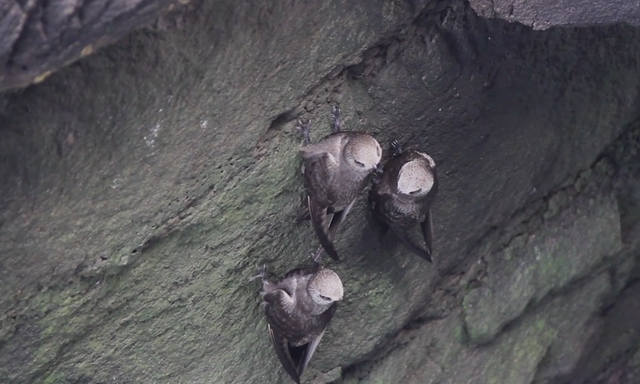

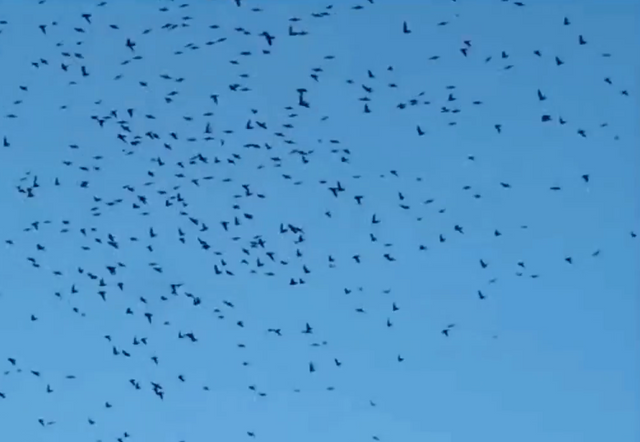
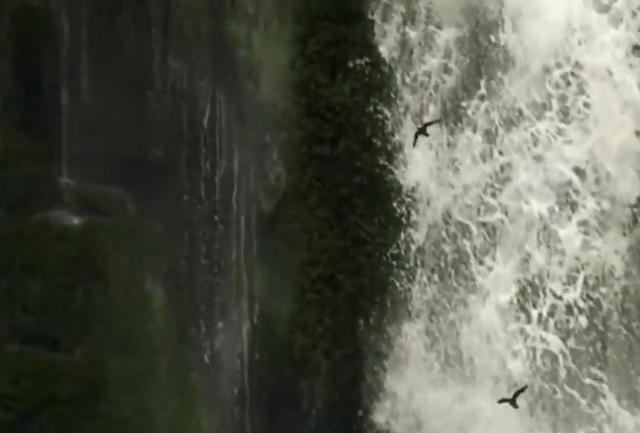
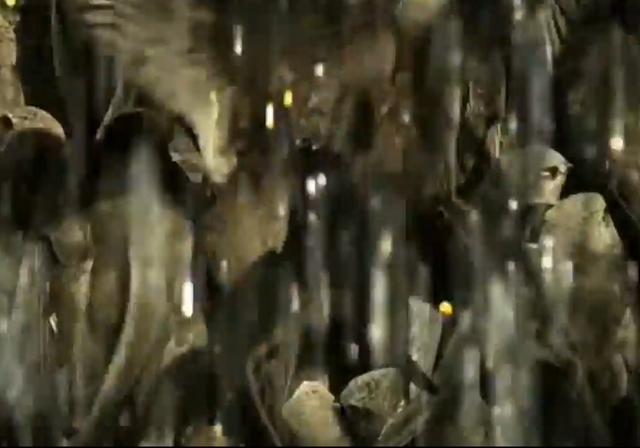
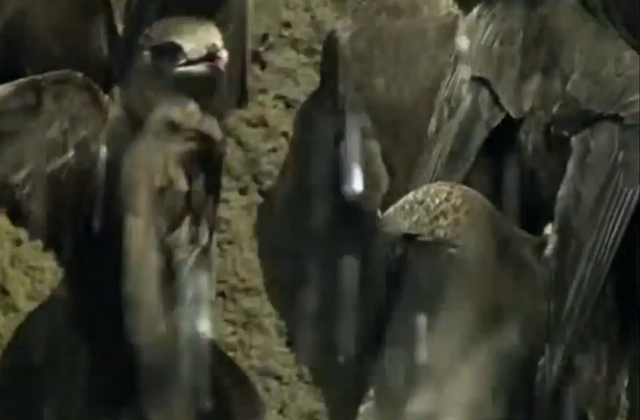
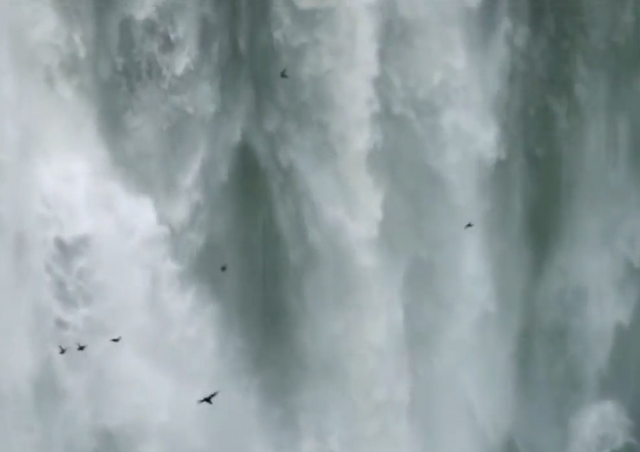
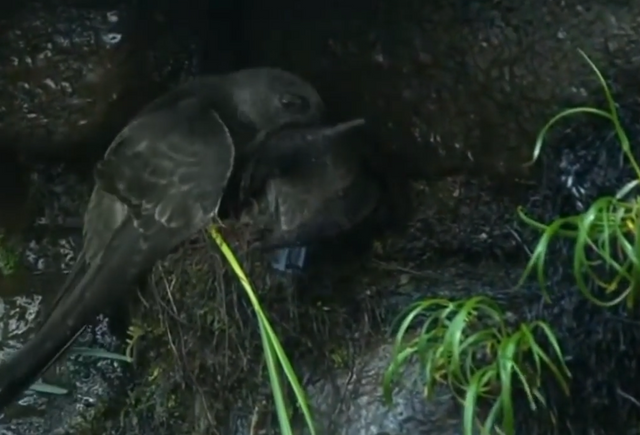
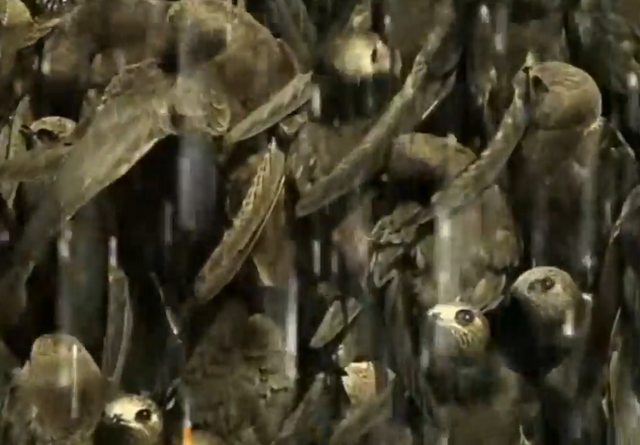
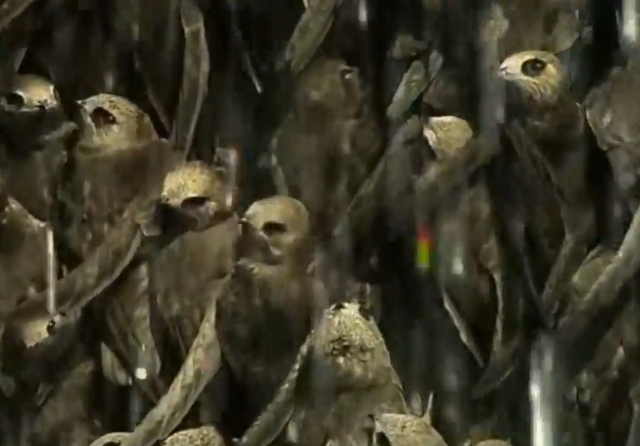
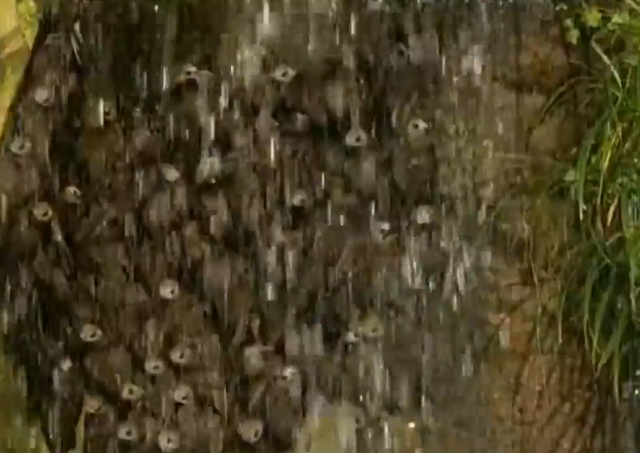
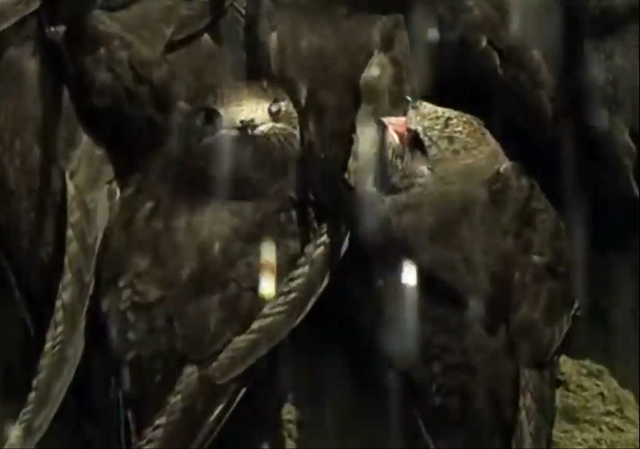
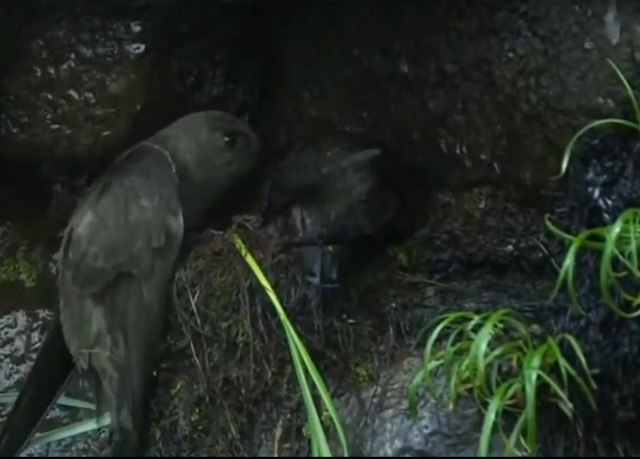
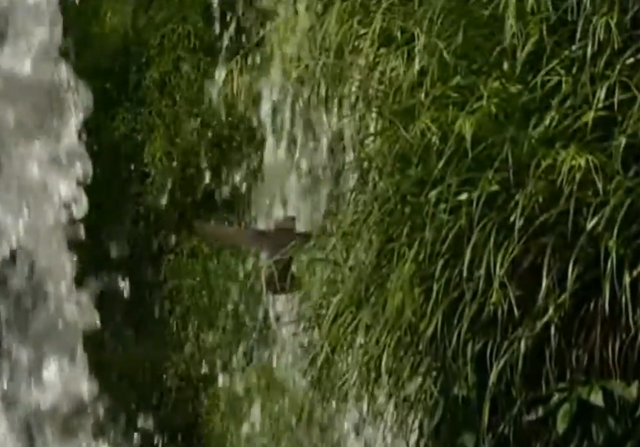
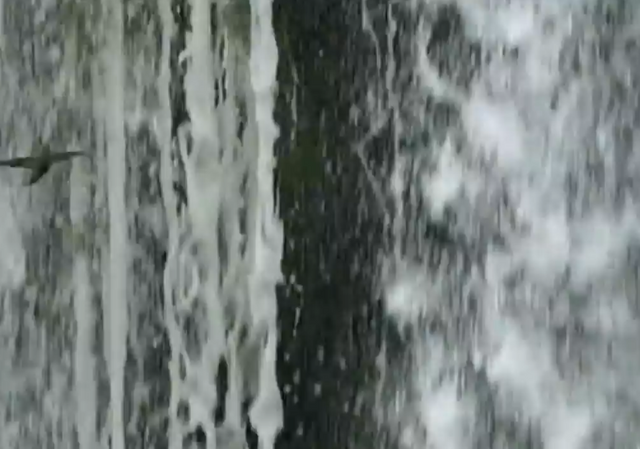
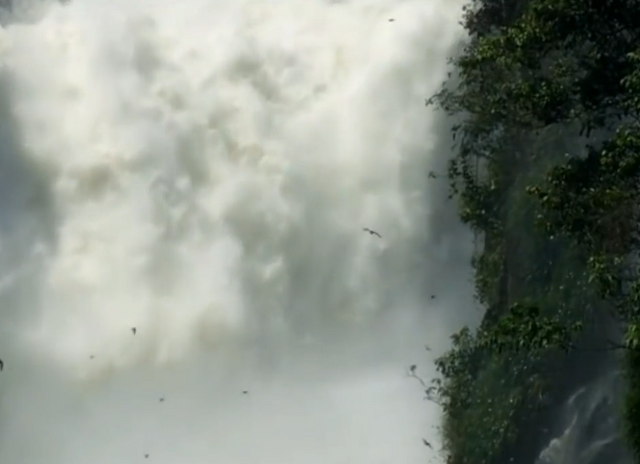
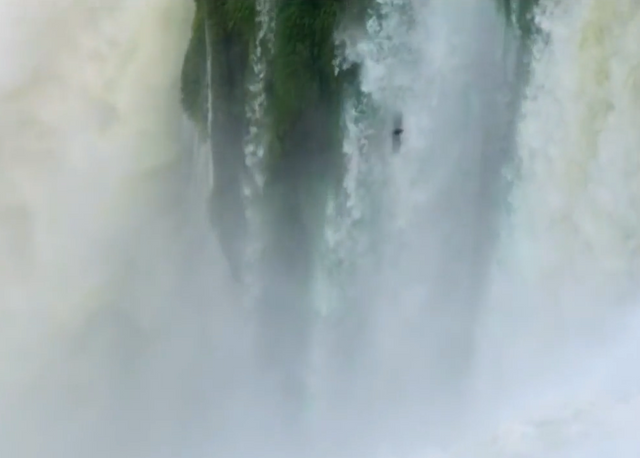
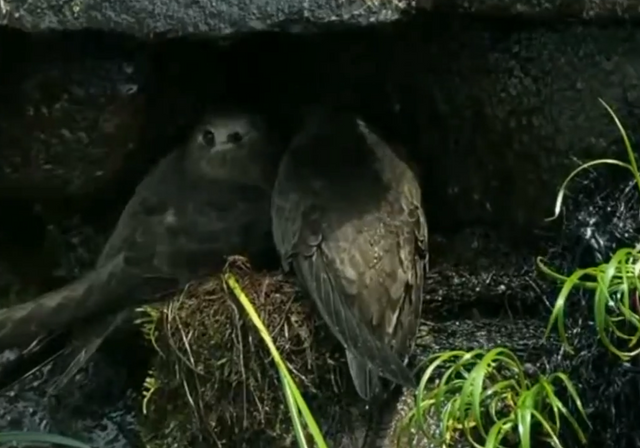
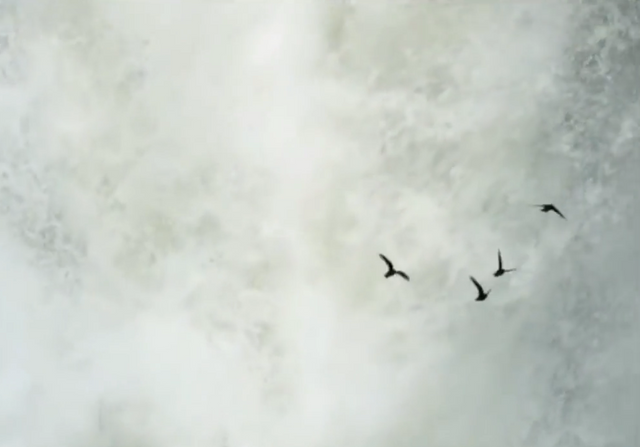
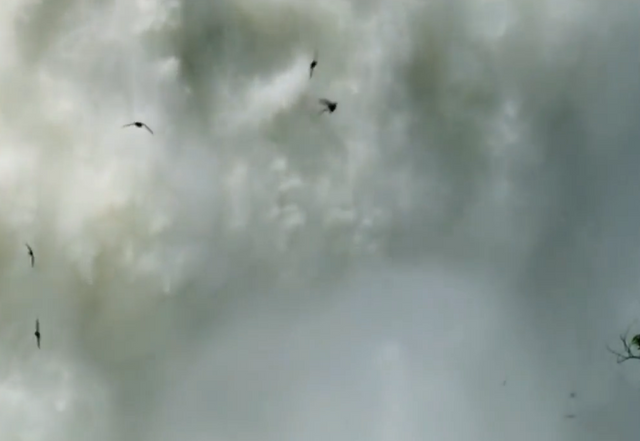
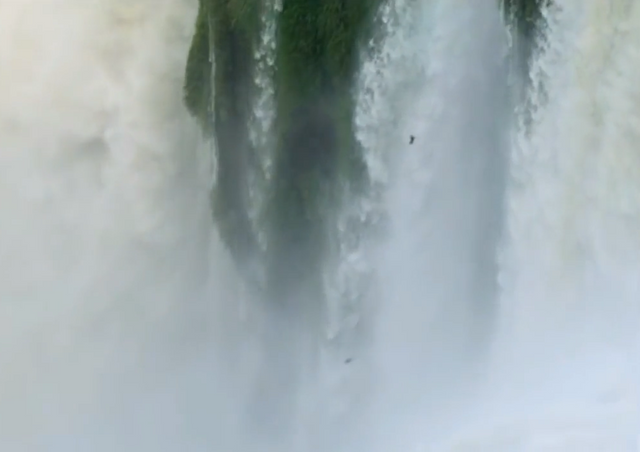
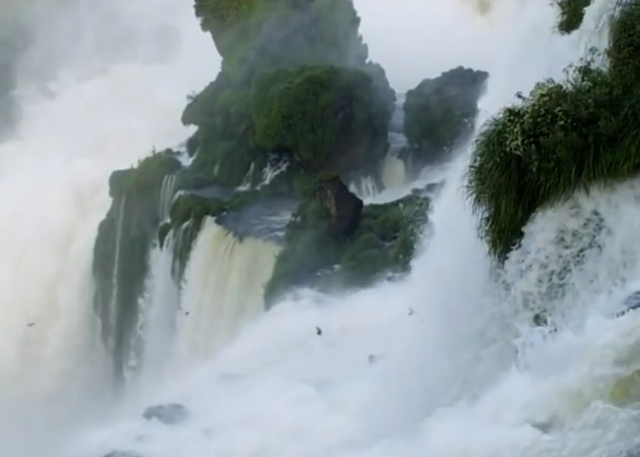
View this post on TravelFeed for the best experience.

Comments
Post a Comment